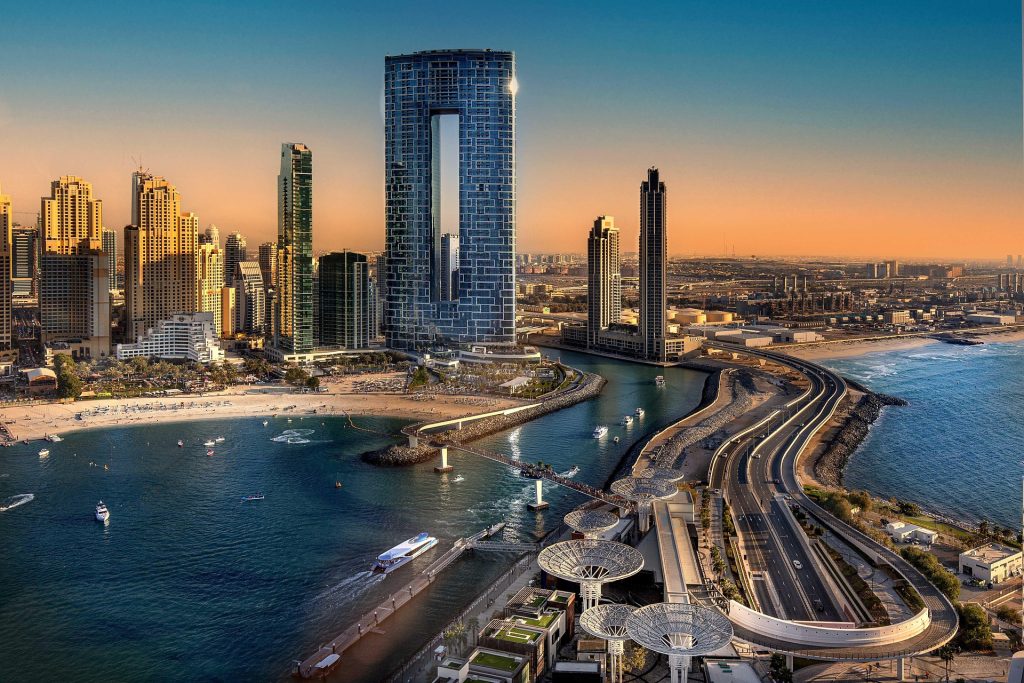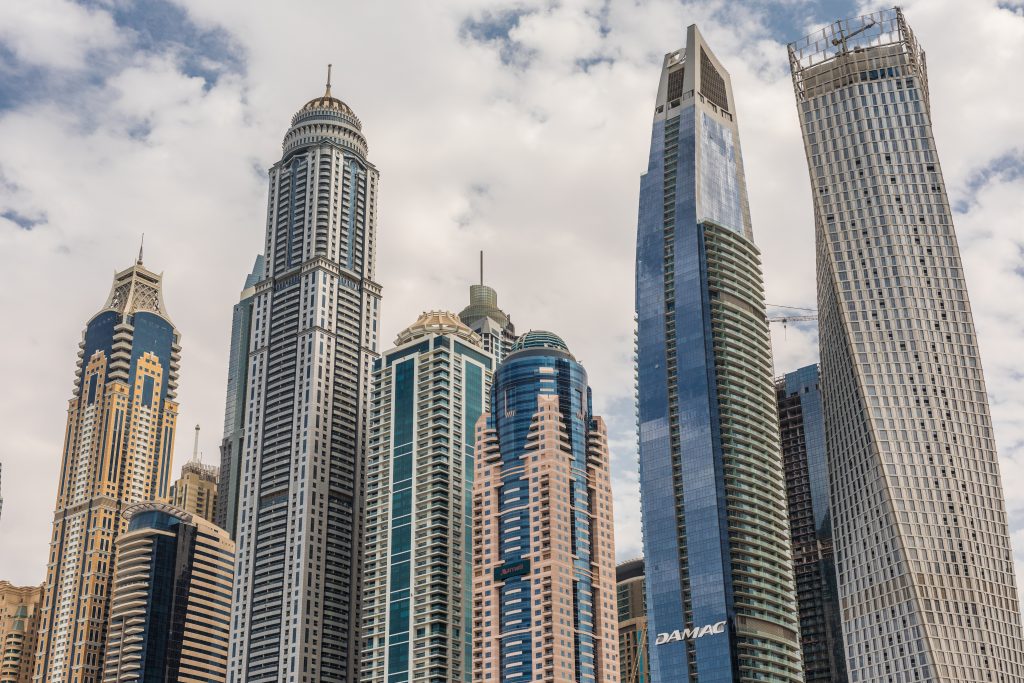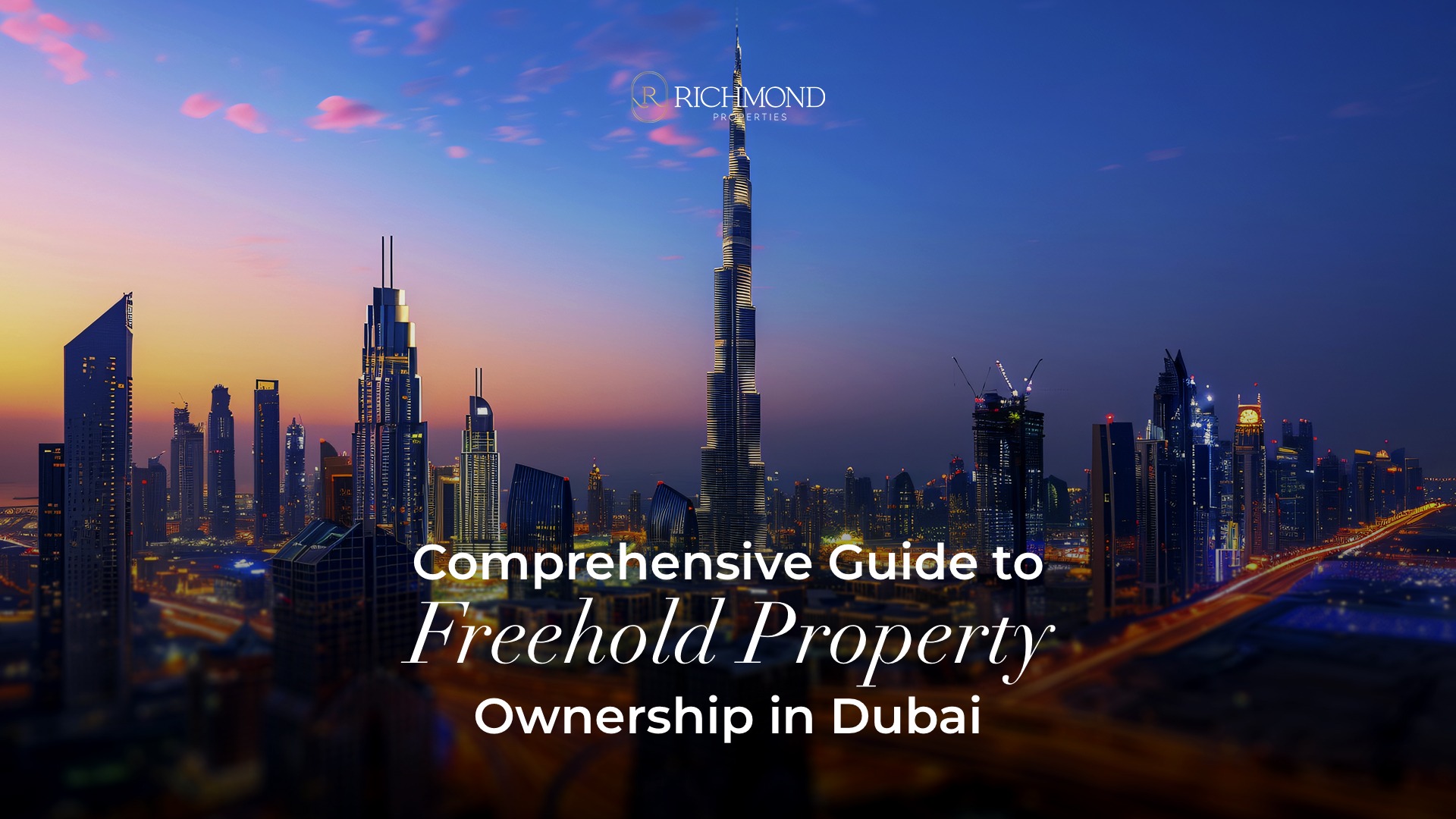The Game Has Changed
Freehold property ownership in Dubai isn’t just a legal term. It’s your ticket to permanence in a city built for transience. For decades, expatriates could only lease. Now, in designated freehold zones, they can own outright land and property, with no expiry date.
This guide doesn’t just walk you through the process. It rips the curtain off how freehold ownership works, why it matters, and how to make it your smartest investment yet.
Freehold Property Ownership Explained
Picture two worlds. In one, you’re leasing. You’re paying for time, 30, 50, maybe 99 years. At the end, it reverts. In the other, you’re buying forever. Freehold means you own the home and the ground beneath it outright. Sell it, lease it, will it to your heirs. No strings. This is why freehold property ownership in Dubai has become the golden standard for global investors.

The Legal Backbone
Dubai legalized freehold ownership for foreigners in 2002. Under Law No. 7 of 2006, non-UAE nationals can own freehold property in designated zones. The Dubai Land Department (DLD) and Real Estate Regulatory Agency (RERA) oversee these transactions. Translation: when you sign a title deed, it’s not a symbolic paper; it’s a government-backed certificate that no one can dispute.
Eligibility? Practically anyone. Resident or not. Individual or corporate. As long as the property sits inside an approved freehold area, you can buy. No UAE residency visa needed.
Freehold Areas in Dubai, Where You Can Actually Own
Freehold property in Dubai isn’t everywhere; it’s concentrated in strategic, high-growth areas. Think:
- Palm Jumeirah
- Dubai Marina
- Downtown Dubai
- Jumeirah Village Circle (JVC)
- Emirates Hills
- Business Bay, Al Barari, Dubai Hills Estate, and more
These are where infrastructure, demand, and resale value converge. Buy here, and you’re in Dubai’s freehold core.
Learn more about Dubai Hills Estate from our guide: Why Dubai Hills Estate is Gaining Popularity Among Families

Step-by-Step: How to Secure a Freehold Property
- Define Your Strategy: Decide if you’re an investor chasing yield or an end-user chasing lifestyle.
- Pick the Area: Match the budget to the freehold zone. Prime locations cost more but appreciate faster.
- Find a RERA-Registered Broker: Skip the unlicensed middlemen. Your broker should have an ORN number.
- Make the Offer & Pay the Deposit: Usually 10%. Secure your property fast; Dubai’s market moves in hours, not weeks.
- Sign the Sales & Purchase Agreement (SPA): Check payment schedules, penalties, and completion dates (for off-plan).
- Register at Dubai Land Department: Pay the 4% transfer fee and receive your title deed.
- Post-Purchase: Budget for service charges, property management, and optional mortgage payments.
Tip: Never skip due diligence. Verify the developer’s record, project approvals, and building completion status.
The Numbers That Matter, Costs & Fees
| Item | Typical Range |
| Dubai Land Department Transfer Fee | 4% of the purchase price |
| Trustee Office Fee | AED 2,000–4,000 |
| Agency Commission | 2% (standard) |
| NOC Fee (Developer) | AED 500–5,000 depending on project |
| Service Charges | AED 10–30 per sq ft annually |
These numbers can shift, but they’re your baseline. Factor them into your ROI calculations.
Learn more about Service Charges from our blog: Service Charges in Dubai Real Estate: What Buyers Need to Know

Why Freehold Beats Leasehold
- Ownership Forever: No countdown clock, no handback.
- Capital Appreciation: Freehold zones historically outperform.
- Rental Flexibility: Lease long or short term without extra approvals.
- Inheritance Security: A Title deed registered with DLD makes transfer seamless.
Pitfalls to Avoid
- Ignoring Service Charges: Low purchase price, high annual fees, a classic trap.
- Buying on Hype: Look past glossy renders. Demand master plans, permits, and escrow details.
- Not Checking Developer Reputation: A weak developer means delayed delivery and maintenance nightmares.
- Skipping Legal Review: Have a real estate lawyer vet the SPA, especially off-plan.

The Investment Play: Building Wealth with Freehold
Dubai’s freehold market isn’t just about having an address. It’s about leverage. Rent yields in some areas hover at 6–8%. Off-plan properties can deliver double-digit appreciation before handover.
For high-net-worth buyers, ultra-prime villas and penthouses become global trophies. And with the new Golden Visa pathways tied to property investment, freehold ownership opens the door to long-term residency.
Dubai’s Freehold Future Is Wide Open
Freehold property ownership in Dubai is no longer an elite secret. It’s a structured, transparent system where global investors can own real estate, land, and all. With the right research, the right area, and the right partners, you’re not just buying a property. You’re buying permanence in one of the fastest-moving cities in the world.
Why Richmond Properties Is Your Freehold Partner in Dubai
At Richmond Properties, our team lives and breathes Dubai’s freehold market, from Palm Jumeirah penthouses to Dubai Hills family villas. We know every regulation, every off-plan launch, every micro-market shift before it hits the headlines.
Whether you’re an expatriate buying your first freehold apartment or an investor assembling a multi-unit portfolio, Richmond cuts through the noise with curated listings, verified legal processes, and end-to-end support. In a city moving this fast, you need more than an agent. You need a strategist. That’s what we deliver.
FAQs
1. Can foreigners buy freehold property anywhere in Dubai?
No. Only in designated freehold areas approved by the Dubai government. Always verify with DLD.
2. Do I need a UAE residency visa to buy?
No. Anyone can buy, resident or not. But certain investment thresholds may qualify you for a Golden Visa.
3. What’s the difference between off-plan and ready freehold properties?
Off-plan means buying before construction finishes, lower entry price but higher risk. Ready means instant ownership but at market rates.
4. How long does the transfer process take?
For a ready property with a cash purchase, it can take a few days. Mortgage deals or off-plan resales take longer.
5. Can I mortgage a freehold property as a non-resident?
Yes, but banks have stricter criteria, typically higher down payments (often 50% for non-residents).
6. Are there taxes on freehold property in Dubai?
No annual property tax. Just the one-time DLD transfer fee and ongoing service charges.

